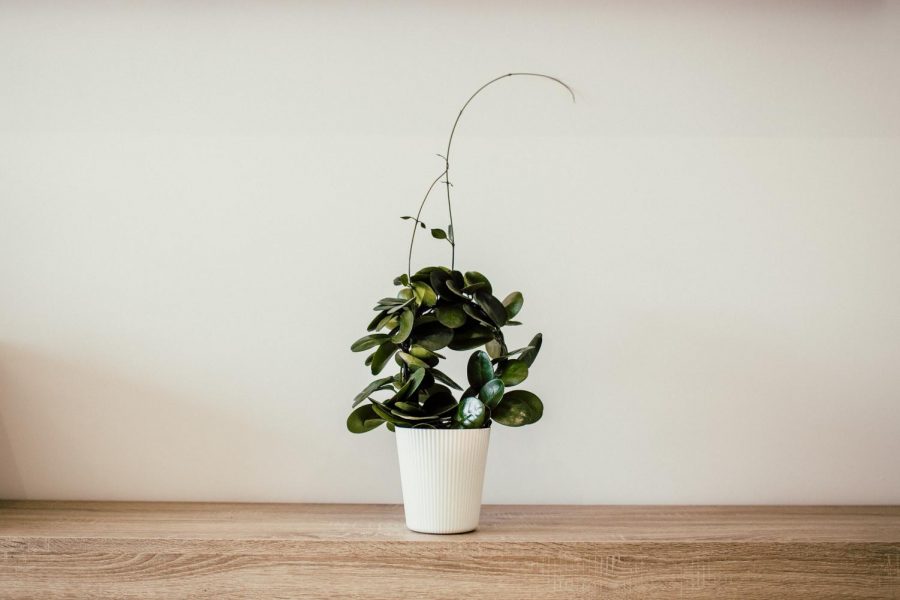The rise of minimalism
The idea of “less is more”, is one that seems to be popping up lately in online and mainstream discussion. The minimalist lifestyle is becoming more and more popular, but it is more than just a trend – it can be a solution to a lot of our problems, externally and internally.
We currently live in the golden age of consumerism. Industries now spend billions upon billions of dollars marketing products to us that we don’t need yet we feel like we do. It’s now possible for us to see something we like and have it shipped to our doorstep within two hours.
We are constantly being exposed to new products and clothes twenty-four hours a day, and we are constantly made to feel inclined to buy useless objects we know are eventually going to be shoved into a drawer and collect dust. We buy new clothes, only to have them go out of trend, so we replace our dissatisfaction by buying more clothes. It’s an endless cycle of consumerism, an endless cycle of trying to fill a void with stuff that will only make the void deeper.
Because society and culture are moving at such a fast pace, it can be hard to keep one’s mind and sanity grounded in the chaos of materialism. A cluttered desk is oftentimes an external reflection of a cluttered mind. Being surrounded by material chaos usually represents the internal chaos that one is going through. Some of us feel lonely, some of us may feel dissatisfied with their work or current place in life, so we look to material goods to try and fill the emptiness we feel inside, only to become more lonely or dissatisfied.
That’s where the concept of minimalism plays a role. In today’s culture, minimalism is often seen as a trend or aesthetic, or we often picture a minimalist as someone who wears the same white t-shirt and jeans every day, but it’s a much deeper concept than that. Minimalism does not mean getting rid of everything you have and eating from the same plate every day, it’s about keeping the things in our life that bring us joy, whether it be people or objects.
That does not mean you have to get rid of anything you have an excess amount of. If you have a massive book collection that brings you joy and has value to you, then keep your collection, even add to it. But if you have a collection of toys you used to play with as a child, that are now just sitting in your drawer with no purpose, they’d most likely find a better home someplace besides your room.
It can be a tiring process, but once finished the payoff is huge. People tend to be more organized, they excel more often in their academics, and they often pick up new and healthy habits. Habits such as meditation often go hand in hand, as minimalism is also about decluttering our minds, not just our physical surroundings.
To be clear, there is no definite guideline to follow when minimizing your life. Someone may love their clothes, or their books, or their plants, and receive joy from them. Someone else may not receive joy from those things, and they may choose to minimalize those things.
Minimalism is an individual journey, one that will bring anyone who tries it immense gratification and relief from the materialistic society we live in.
To paraphrase Joshua Fields Millburn of The Minimalists podcast: Love people and use things. Never do it the other way, cause that never works out.



